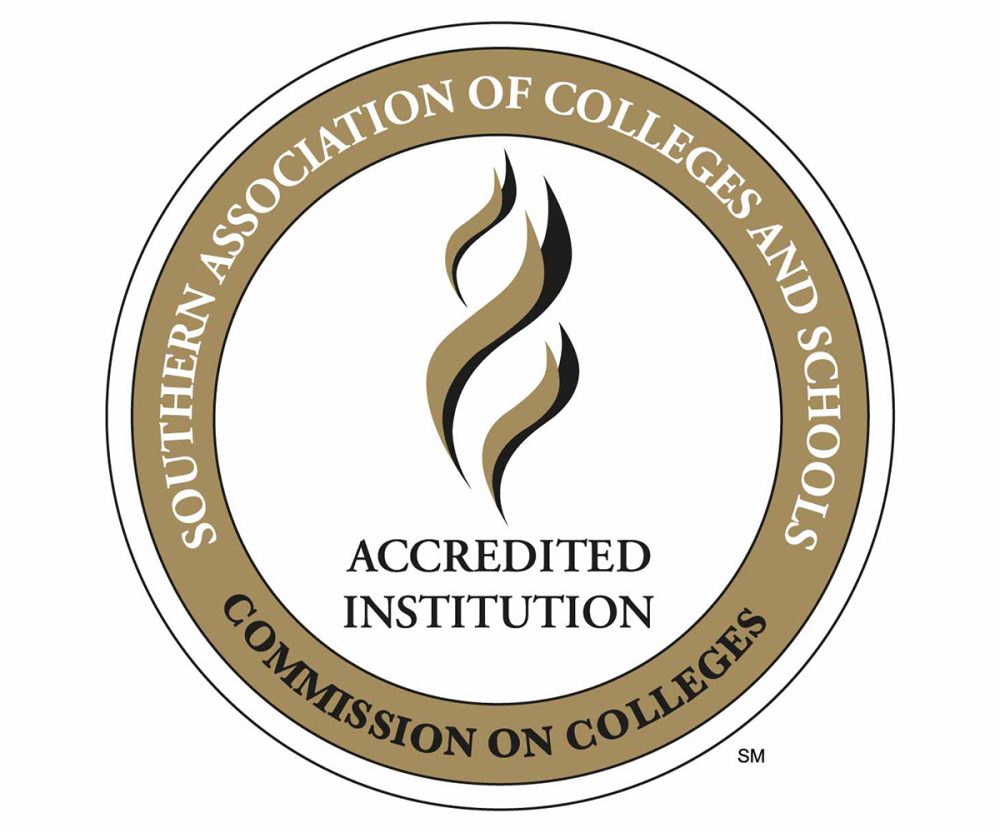Accreditation
Specialized Accreditation

The Civil, Electrical, and Mechanical Engineering Technology programs within the Department of Engineering Technology and Construction Management at the University of North Carolina at Charlotte are accredited by the Engineering Technology Accreditation Commission of ABET: http://www.abet.org.

The Construction Management program within the Department of Engineering Technology and Construction Management at the University of North Carolina at Charlotte is accredited by the Applied and Natural Science Accreditation Commission of ABET: http://www.abet.org.
ABET Information: Why Should I Choose an Accredited Program?
Note: Accreditation for Fire and Safety Engineering Technology is in planning.
Program Educational Objectives
These are statements that describe the expected accomplishments of graduates during the first few years after graduation.
The Department of Engineering Technology and Construction Management at UNC Charlotte is committed to providing the environment and expertise to ensure that its graduates may make substantive contributions in their professional endeavors after graduation, both in the areas of technical proficiency and community involvement. Accordingly, Civil, Electromechanical, Fire and Safety, Mechanical Engineering Technology an Constrution Management program graduates contribute to society as productive technologists and engaged citizens by:
- Applying general and discipline-specific concepts and methodologies to identify, analyze, and solve technical problems.
- Articulating technical material in a professional manner to potentially diverse audiences and in a variety of circumstances.
- Assuming leadership roles and contributing within team environments while modeling ethical, respectful and professional behavior at all times.
- Recognizing and appreciating the environmental, societal and fiscal impact of the technical professions in a local, national and global context.
- Demonstrating an individual desire and commitment to pursue continuous self-improvement and lifelong learning.
Student Outcomes
The Construction Management and Engineering Technology programs identify, measure, and improve student competencies through assessment and continuous improvement of student learning outcomes, which are mapped to the ETAC of ABET Criterion 3 Outcomes listed below:
ETAC of ABET Criterion 3 Outcomes
For baccalaureate degree programs, these student outcomes must include, but are not limited to, the following:
- An ability to apply knowledge, techniques, skills and modern tools of mathematics, science, engineering, and technology to solve broadly-defined engineering problems appropriate to the discipline;
- An ability to design systems, components, or processes meeting specified needs for broadly-defined engineering problems appropriate to the discipline;
- An ability to apply written, oral, and graphical communication in broadly defined technical and non-technical environments; and an ability to identify and use appropriate technical literature;
- An ability to conduct standard tests, measurements, and experiments and to analyze and interpret the results to improve processes; and
- An ability to function effectively as a member as well as a leader on technical teams.
The Construction Management program’s student outcomes are also mapped to the ANSAC of ABET Criterion 3 Outcomes listed below:
ANSAC of ABET Criterion 3 Outcomes
Baccalaureate degree program student outcomes must include, but are not limited to, the following:
- An ability to identify, formulate, and solve broadly defined technical or scientific problems by applying knowledge of mathematics and science and/or technical topics to areas relevant to the discipline.
- An ability to formulate or design a system, process, procedure or program to meet desired needs.
- An ability to develop and conduct experiments or test hypotheses, analyze and interpret data and use scientific judgment to draw conclusions.
- An ability to communicate effectively with a range of audiences.
- An ability to understand ethical and professional responsibilities and the impact of technical and/or scientific solutions in global, economic, environmental, and societal contexts.
- An ability to function effectively on teams that establish goals, plan tasks, meet deadlines, and analyze risk and uncertainty.
Regional Accreditation

UNC Charlotte is accredited by the Southern Association of Colleges and Schools Commission on Colleges (SACSCOC) to award baccalaureate, master’s, and doctoral degrees.
For information about the University’s accreditation, please visit The Office of Assessment and Accreditation.